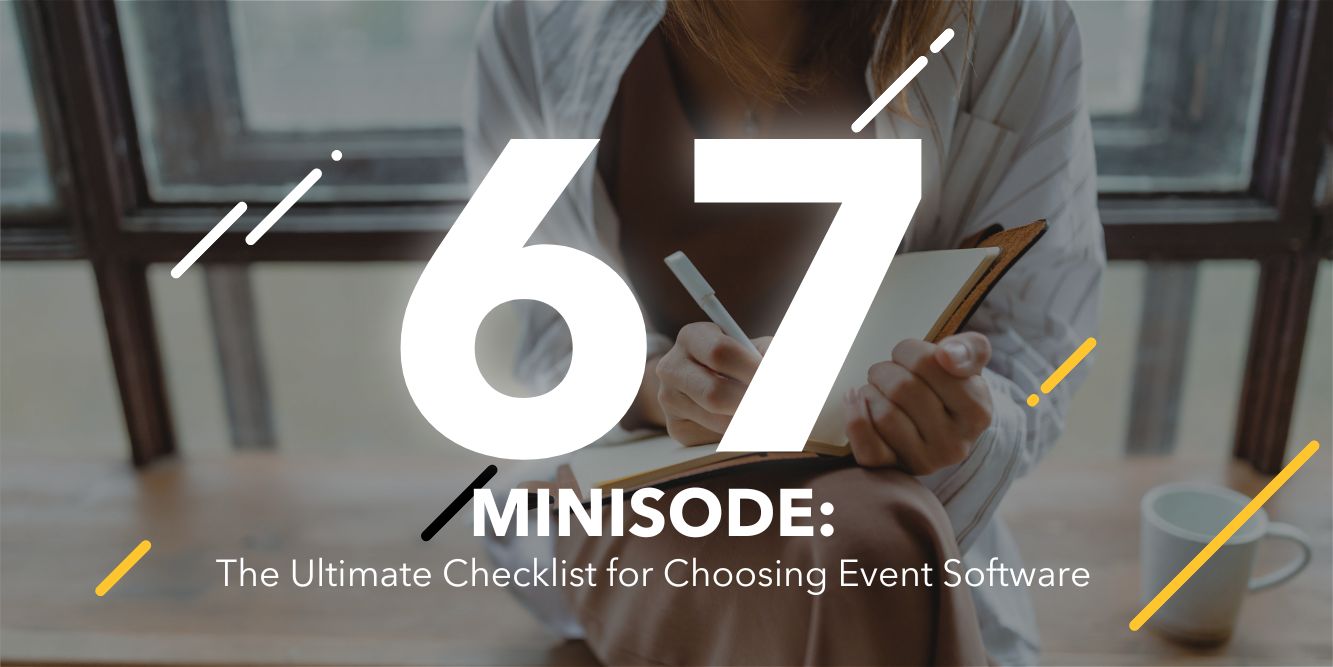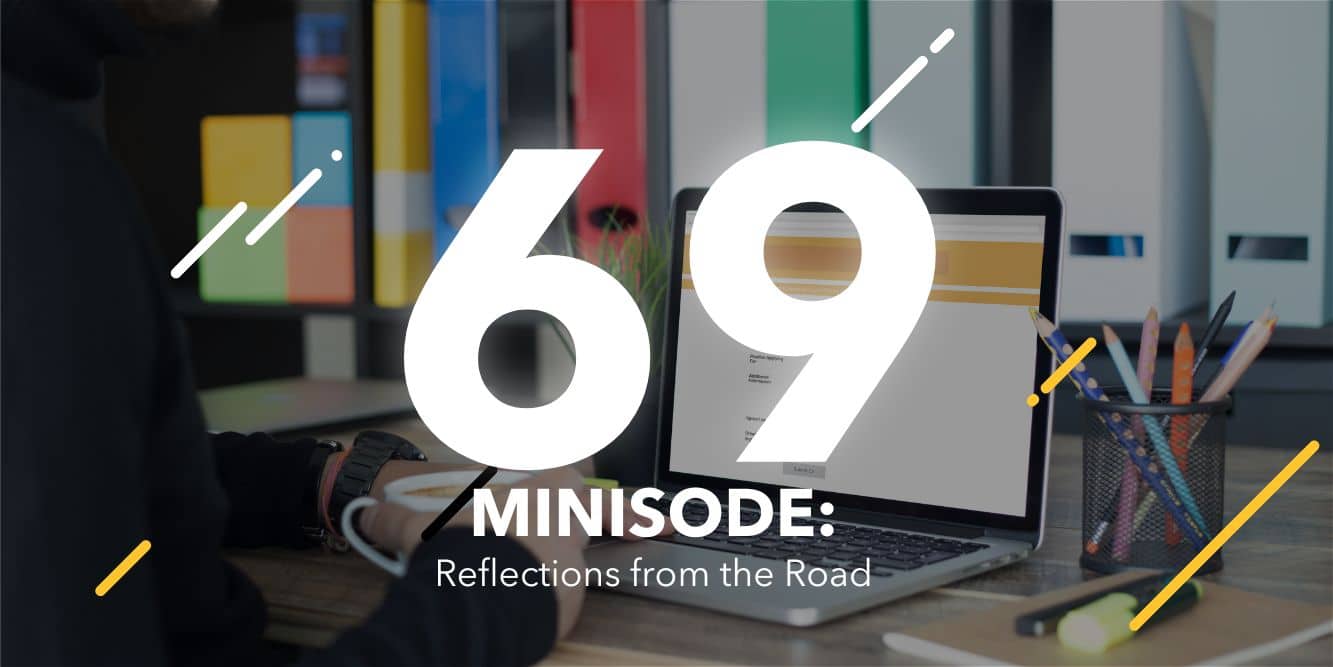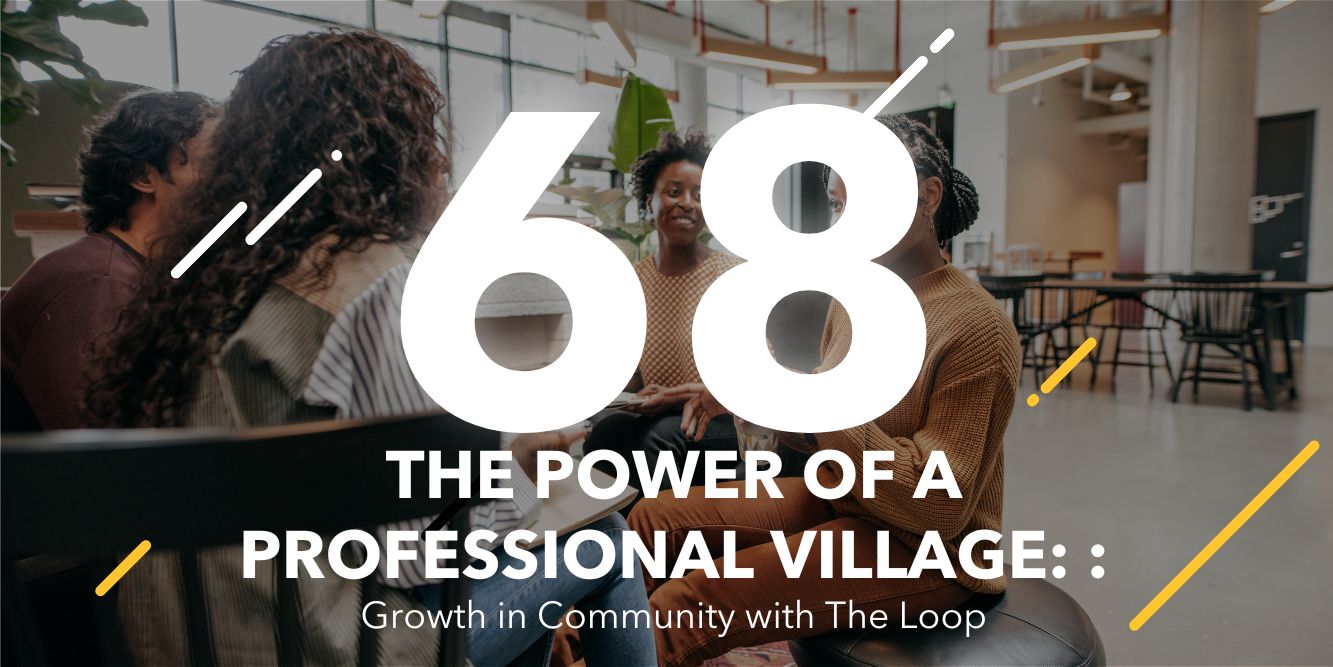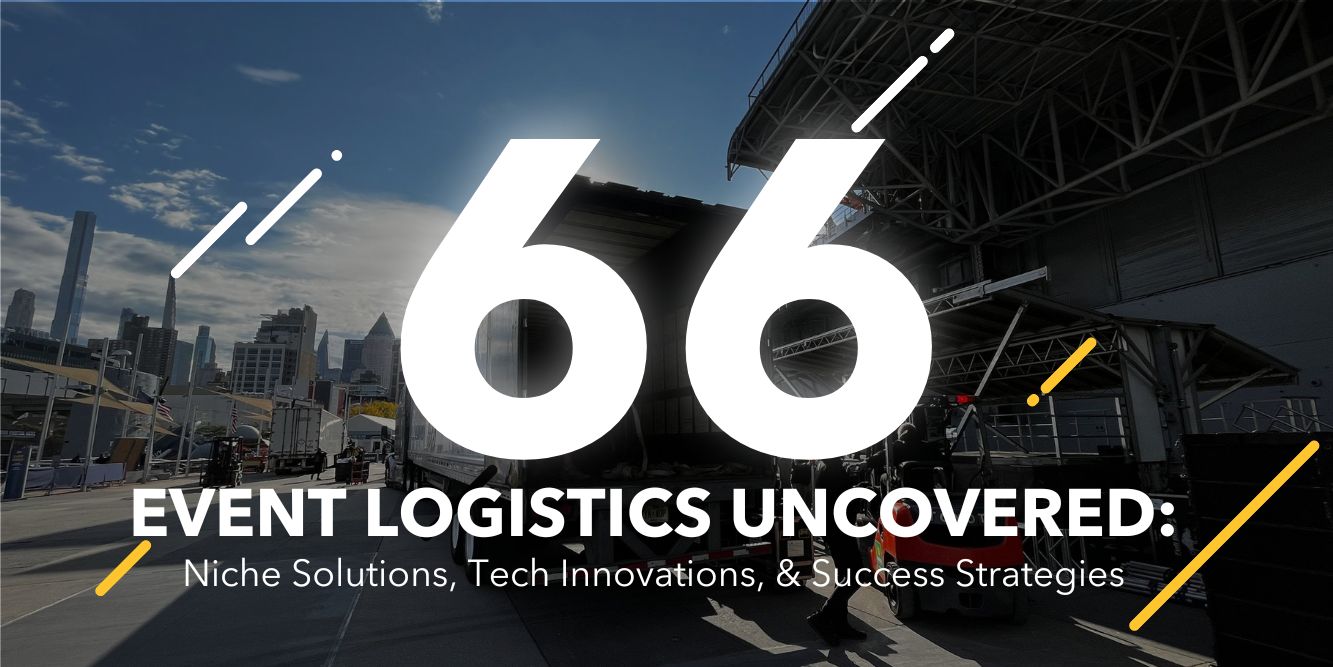In this insightful episode of Corralling the Chaos, Angela Alea presents a comprehensive checklist for businesses navigating the complex process of selecting new software solutions. Designed for event professionals and tech decision-makers, this episode dives into the essential factors that make or break a successful software choice. Angela covers crucial topics, from evaluating product depth, understanding the provider’s industry experience, assessing security standards, mobile accessibility, and onboarding timelines, to ensuring ongoing product development and robust customer support. By the end of this episode, listeners will have a clearer roadmap for selecting the right software partner to empower their teams and streamline operations.
Meet Your Host
– Angela Alea: President & CRO of LASSO, Host of Corralling the Chaos
Watch
Listen
Key Takeaways
Takeaway 1: The Importance of Product Depth in Event Management Software
Angela highlights that most event companies juggle between 12 and 13 different software tools to produce a single event, which can lead to inefficiencies and increase the risk of errors. She points out that today’s solutions must offer much more than basic management functions, urging companies to find software that ties the entire process together—from proposal to payment.
“It’s not enough to just have your gear and personnel listed in one system; it needs to go further than that,” Angela stresses. She advises companies to seek out solutions that facilitate tasks like complex payroll calculations, quoting, billing, and time tracking through an integrated mobile app.
Takeaway 2: The Role of Industry Experience in Selecting Software Solutions
Angela underscores the importance of choosing a software provider with firsthand knowledge of the event industry. Event companies operate differently from typical businesses, and having a provider who understands these unique challenges can lead to a more effective partnership.
“Do they have boots-on-the-ground experience? Have they lived a day in the life of an event company?” Angela asks, emphasizing that empathy and an industry-specific approach are essential qualities in a software partner. She urges businesses to avoid skimping here, as genuine understanding can significantly enhance the experience and support provided.
Takeaway 3: The Necessity for Security and Mobile Applications in Software Solutions
In today’s digital age, Angela stresses that software security is paramount, recommending that providers have a SOC 2 Type 2 certification to ensure data safety. Mobile accessibility is also crucial, especially in industries where teams work on the go.
“Choosing the right solution to enable your team requires mobile access,” she explains, advocating for software that not only offers a mobile app but also enjoys high adoption rates and positive user feedback. A well-designed mobile app, Angela suggests, can make a substantial difference in productivity for mobile teams.
Takeaway 4: The Significance of Product Development and Customer Experience
Angela advises listeners to focus on companies that continually invest in product innovation, particularly those driven by user feedback. She highlights the importance of customer experience and responsive support, as even the best software will generate questions and need guidance.
“Are updates driven by user feedback? Or is it just submitting things via a portal?” Angela prompts listeners to consider, underscoring that accessible, dedicated support is vital to a smooth software experience. She points out that having robust support can be the difference between a productive tool and a frustrating one.
Takeaway 5: The Value of a Software Provider’s Financial Stability
Angela reminds listeners that financial health is a critical consideration when selecting a software partner. Partnering with a provider that’s financially stable ensures that they’ll continue investing in the product’s development and maintenance.
“Is the money they’re making being reinvested in the business to adapt to the ever-changing landscape?” Angela advises, suggesting that software implementations shouldn’t take longer than 60 to 90 days. The right provider will have a streamlined onboarding process, helping teams start strong from day one.
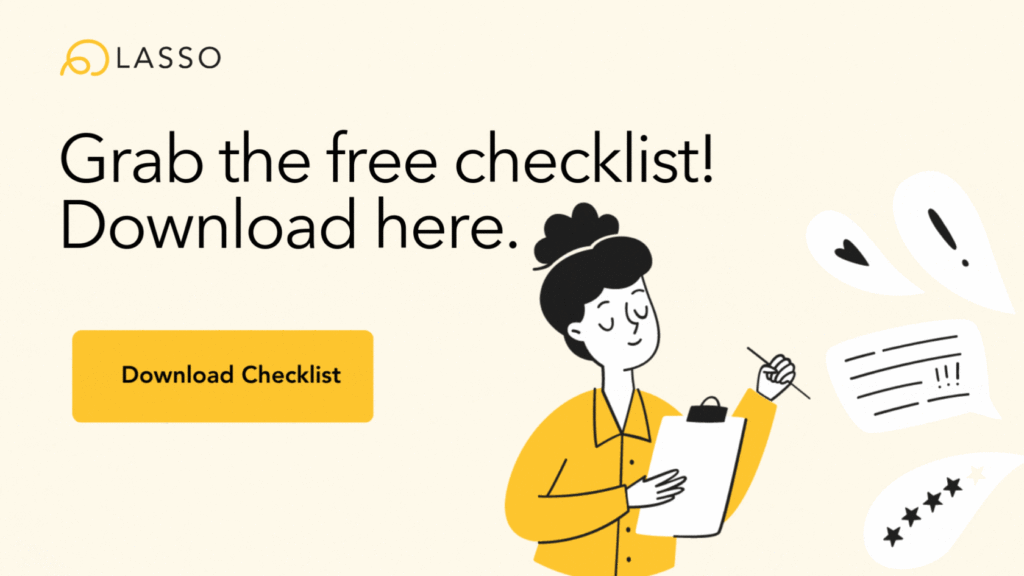
Insights Surfaced
- Event companies often use 12–13 different tools, leading to inefficiencies and a lack of a single source of truth.
- Consider the depth of a software product, particularly in how it can tie together processes from sales to payment.
- Industry experience is vital, as software providers need to understand the event industry’s unique needs.
- SOC 2 Type 2 certification is a crucial security indicator.
- A well-adopted mobile app is essential for industries with mobile workforces.
- Product development should be user feedback-driven and problem-solving oriented.
- Onboarding should ideally be completed within 60–90 days.
- Look for high uptime and an SLA that protects against downtime and operational errors.
- Customer experience, financial stability, and continued investment are all important factors to consider.

